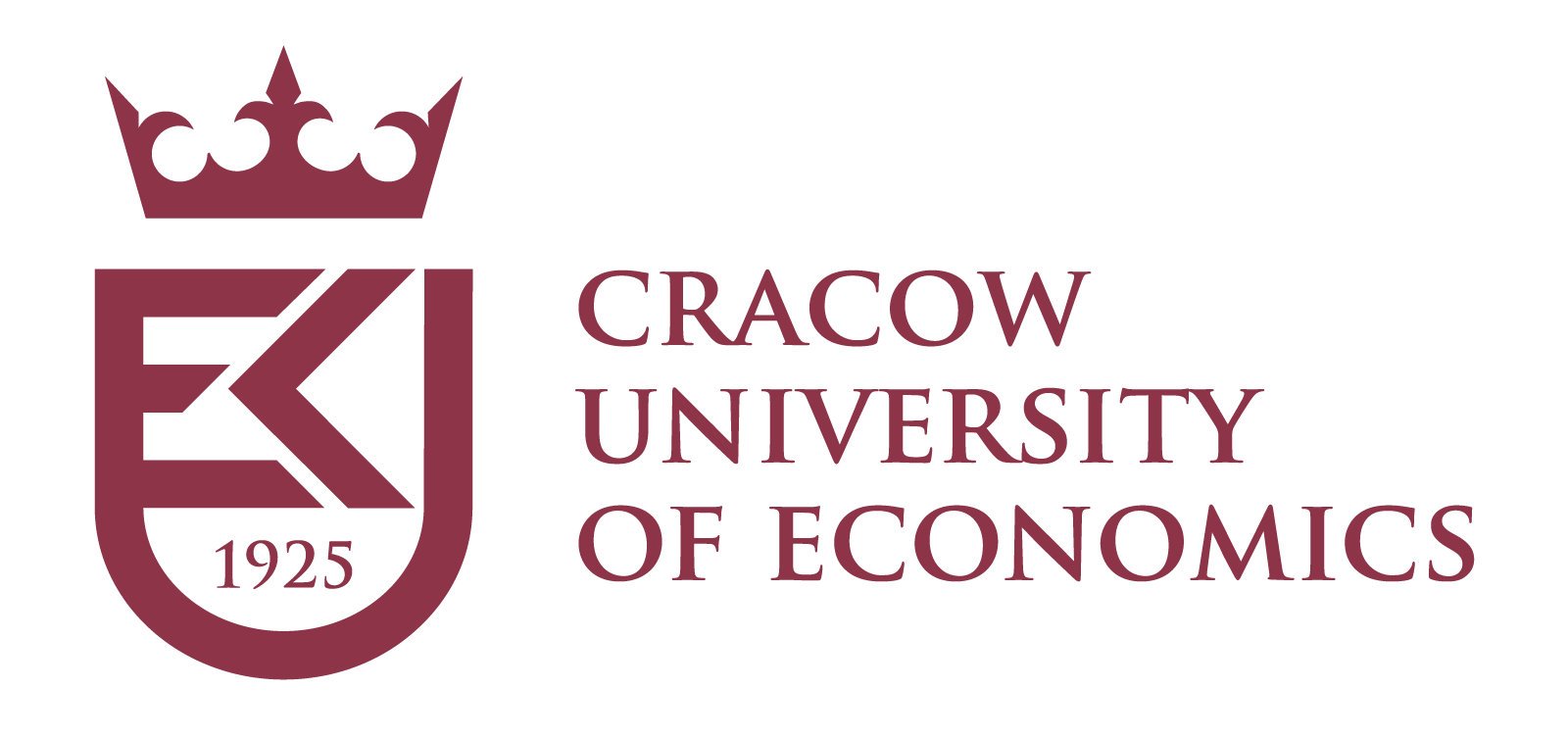Session chair:
Gert Jan Hofstede
Description:
As our societies conquer many natural hazards but become more and more dependent on human-made influences, human sociality is gaining importance as a subject of study. When systems do undesired, unexpected things, human behaviour gets the blame. To throw light on these issues, computational models of socio-technical or socio-ecological systems require agents with sociality. What theories to use for such models, from what disciplines to take them, and what architectures to create with these theories, is a challenge for computational social simulation. So is the integration of various sources that can inform such models: theories, detailed data, and aggregate expertise about patterns that obtain in the target systems.
This track invites contributions including, but not limited to
- Exploration of theories for modelling human sociality
- Design of architectures and frameworks for sociality
- Cases of computational modelling involving a role for the sociality of actors.
As a pointer, have a look at the Artificial Sociality Manifesto written by the track organizers, forthcoming on RofASSS. It shows which direction the organizers think to take, and which sources of inspiration they find valuable.


